Navigating the world of NDIS housing can be a daunting task for individuals with disabilities. As part of the National Disability Insurance Scheme (NDIS), it is essential to understand the options available and how to make living spaces accessible. With a focus on supporting NDIS participants, this guide provides a comprehensive overview of various housing options, the importance of home modifications, and how to create an inclusive living environment that meets individual needs.
By understanding the NDIS housing investment opportunities, individuals can enhance their independence, improve their quality of life, and find suitable accommodation tailored very high support needs and to their unique circumstances. The aim is to empower NDIS members to live more independently, surrounded by the support and resources they need.
Understanding National Disability Insurance Scheme Housing

What is NDIS Housing?
NDIS housing refers to various accommodation options provided under the National Disability Insurance Scheme. The aim is to support individuals with disabilities in finding suitable living arrangements that cater to their specific needs. This housing can range from living in existing properties to accessing Specialist Disability Accommodation (SDA).
Understanding the various types of housing under the NDIS is crucial for participants to identify which option aligns best with their requirements. Each specialised housing option offers unique benefits that can enhance a participant’s quality of life.
The Role of the National Disability Insurance Agency (NDIA)
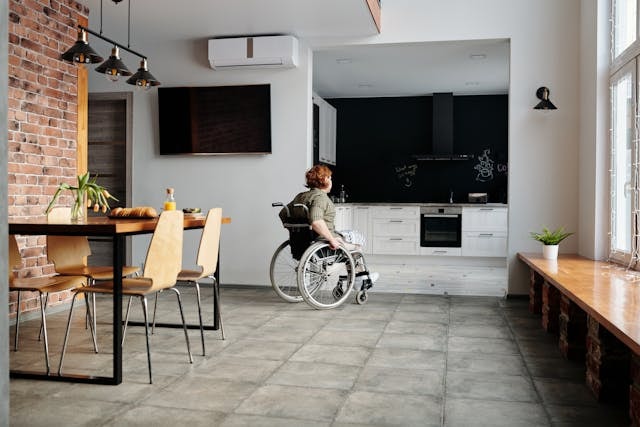
The National Disability Insurance Agency (NDIA) plays a pivotal role in the NDIS housing landscape. The NDIA facilitates access to NDIS housing options, guiding participants through the application process and helping them navigate available services. Understanding the NDIA’s role can empower NDIS members to make informed choices regarding their living arrangements.
The NDIA also helps manage the funding process for eligible participants, ensuring that they can access necessary supports and accommodations.
Housing Options Under NDIS
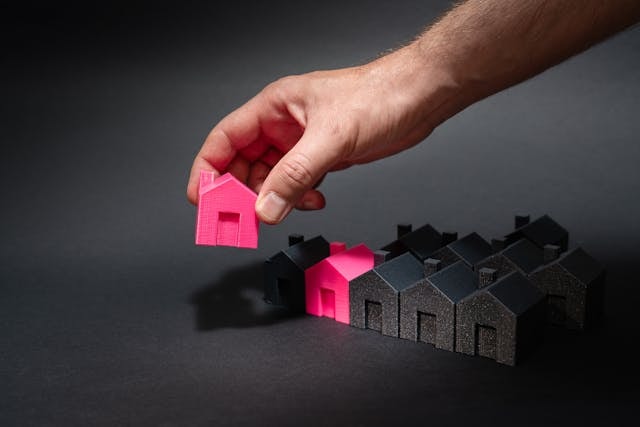
There are several housing options available for NDIS participants, including:
-
Supported Independent Living (SIL): This model provides assistance to individuals, allowing them to live independently while receiving the necessary support tailored to their needs. SIL can include a variety of support services, such as personal care and assistance with daily tasks.
-
Specialist Disability Accommodation (SDA): SDA is designed specifically for individuals with high support needs and is purpose-built to cater to their unique requirements. Properties designed for SDA often include specific features that enhance accessibility and comfort.
-
Community Housing: This type of housing aims to integrate individuals with disabilities into the community, providing a supportive environment that fosters independence. Community housing often focuses on creating inclusive living arrangements, promoting social interaction, and engagement within the community.
Understanding these options is vital for individuals to select the most appropriate social housing and arrangement that aligns with their needs. Each option offers varying degrees of support and independence, allowing participants to choose what works best for them.
NDIS Housing Investment
Investing in NDIS housing support is crucial for participants seeking stable living arrangements. The NDIS funding criteria play a significant role in determining housing options, investment property and financial support available private investors. By understanding these investment opportunities, participants can secure suitable housing solutions tailored to their specific circumstances.
The Australian Government has made substantial investments in NDIS housing support to ensure participants have access to housing designed with the necessary accommodations and support. This funding can cover various aspects, from home modifications to rental assistance, helping participants achieve their desired living arrangements.
The Importance of Specialist Disability Accommodation (SDA)
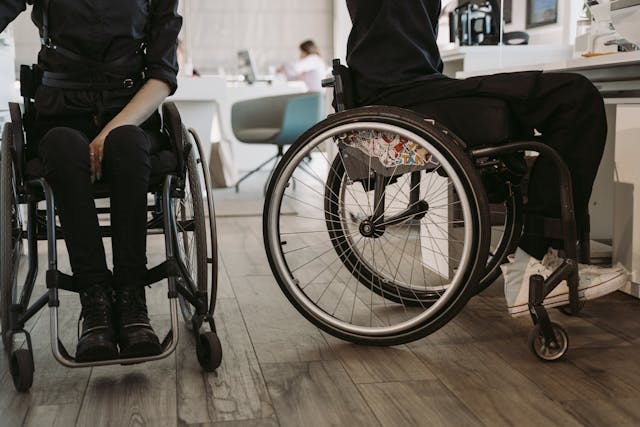
What is Specialist Disability Accommodation (SDA)?
Specialist Disability Accommodation (SDA) refers to accommodation designed for individuals with extreme functional impairment. SDA properties provide the necessary features to support daily living, enabling residents to maintain their independence while receiving tailored assistance. This includes architectural designs that accommodate mobility challenges and enhance accessibility.
SDA is critical for participants with significant support needs, offering them an opportunity to live in environments specifically designed for their unique challenges.
Accessibility for Individuals with Extreme Functional Impairment
To access Specialist Disability Accommodation funding, NDIS members must meet specific eligibility criteria. This process involves assessments conducted by qualified professionals who evaluate individual needs and determine the appropriate level of support required. Individuals who qualify can access funding to assist with housing costs, ensuring they can live in an environment suited to their needs.
The eligibility process is crucial in ensuring that only those who truly require specialised accommodations receive funding. This helps to manage resources effectively within the NDIS framework.
Types of SDA Properties
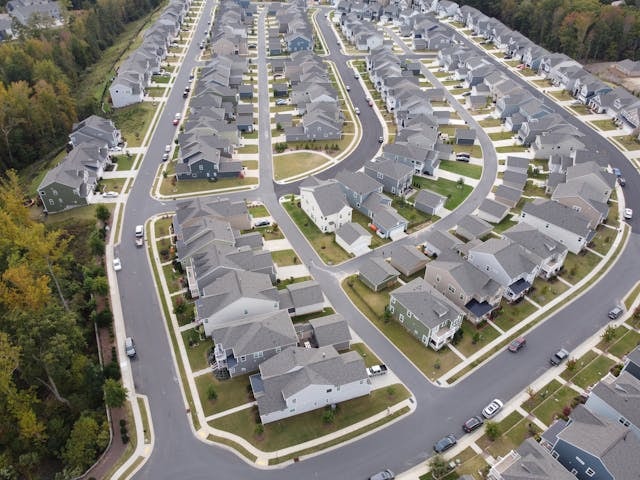
SDA properties come in various forms, including:
-
SDA Homes: These are purpose-built dwellings designed to accommodate individuals with significant support needs, featuring accessible features that facilitate daily living. Such homes often include wider doorways, level access throughout, and specialised bathrooms.
-
SDA Dwellings: These properties are modified to meet the requirements of residents, offering a tailored approach to support and accessibility. Modifications can include installation of ramps, grab rails, and other supportive features to make living easier.
Understanding the types of SDA properties available can help individuals make informed decisions about their housing options. By knowing what is out there, participants can select a living situation that best suits their lifestyle and needs.
Home Modifications: Enhancing Accessibility
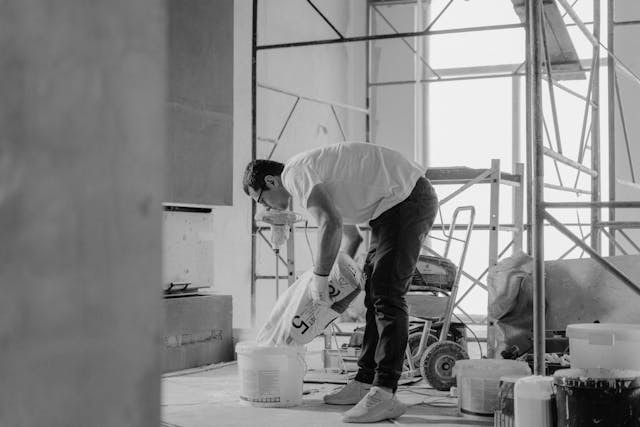
The Need for Home Modifications
Home modifications play a crucial role in enhancing accessibility for NDIS participants. Tailored modifications can significantly improve the quality of life for individuals with disabilities, enabling them to live independently. By adapting their living spaces, individuals can better navigate daily challenges and perform everyday tasks with greater ease.
The right home modifications can make a world of difference, transforming a standard living space into an environment where individuals can thrive.
Types of Home Modifications
Common home modifications that enhance accessibility include:
-
Ramps: Providing wheelchair access to entrances and exits. Ramps can be installed at front doors, back doors, and garages to facilitate easy movement in and out of the home.
-
Grab Rails: Installing grab rails in bathrooms and hallways to improve safety and mobility. These rails provide support for individuals when moving between rooms or navigating the bathroom.
-
Wider Doorways: Modifying doorways to accommodate mobility devices. This ensures that individuals can move freely throughout the home without barriers.
-
Modified Kitchens and Bathrooms: Designing these spaces to ensure ease of use for individuals with varying levels of independence. This can include lowering countertops, installing walk-in showers, and ensuring all appliances are accessible.
By implementing these modifications more independent living arrangements, individuals can create a home environment that allows them to engage in daily life activities more independently.
How to Access Funding for Home Modifications

To obtain funding for home modifications, participants must adhere to the NDIS funding criteria. The application process involves submitting a request detailing the necessary modifications, along with any relevant documentation. It’s crucial for individuals to collaborate with their own support provider or coordinator to navigate this process effectively.
A well-prepared application can help streamline the process, ensuring that participants receive the funding they need to implement essential modifications.
Working with Professionals
When planning for home modifications, it’s beneficial to engage with professionals who specialise in accessible design. These experts can provide valuable insights into the best modifications for individual needs and help navigate the NDIS funding process effectively. Professionals might include occupational therapists, builders, and disability support coordinators who understand the complexities of accessibility.
Creating a Supportive Home Environment
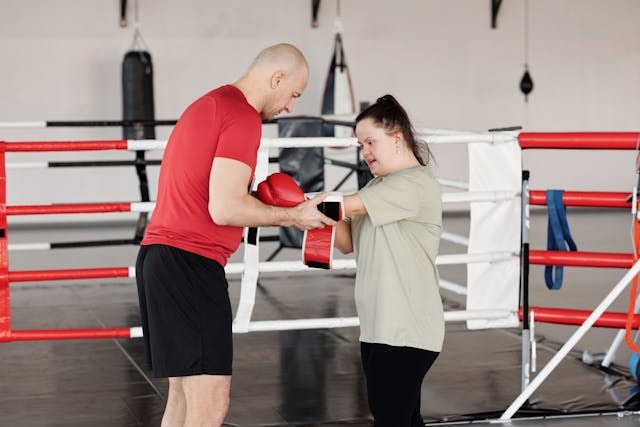
Integrating Support Services for NDIS Housing
Integrating support services is essential for creating a supportive home environment. Support coordinators and NDIS service providers play a vital role in helping individuals develop strategies for managing daily tasks. This collaborative approach ensures that participants receive the assistance needed to thrive in their living spaces.
Support providers can also facilitate connections to community resources, providing participants with access to social activities, skill-building workshops, and other opportunities for engagement.
Making Daily Life Easier
Implementing accessible features in the home can significantly enhance daily living. Practical suggestions for improving everyday activities include:
-
Preparing Meals: Adapting kitchens for easy access to utensils and appliances. This might include installing pull-out shelves, lowering countertops, or using ergonomic kitchen tools.
-
Managing Daily Tasks: Organising living spaces to reduce clutter and promote independence. Creating a structured layout can help participants navigate their homes with ease.
-
Personal Care: Ensuring that bathrooms are equipped with the necessary modifications to facilitate safe and independent personal care routines. This can include adjustable showerheads, roll-in showers, and height-adjustable sinks.
By focusing on these modifications, individuals can foster an environment that encourages self-sufficiency and enhances their overall well-being.
Engaging Family and Friends
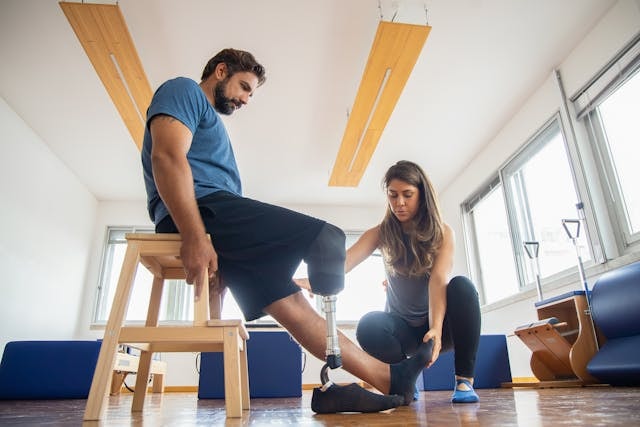
Creating a supportive home environment is not solely about physical modifications; it also involves engaging family and friends. Encouraging loved ones to participate in planning and decision-making can lead to a more cohesive and supportive living space. Family members can provide essential support and encouragement, fostering a sense of community and belonging in own home.
Regular family meetings can be beneficial in discussing any changes needed in the living arrangement or addressing any challenges faced. This can help maintain open communication and ensure everyone’s needs are considered.
Navigating Living Arrangements

Options for Living Independently for NDIS Housing
Participants have various living arrangements to explore, such as:
-
Living in an Existing Property: Participants can modify their current homes to improve accessibility. This can be a cost-effective option for individuals already living in suitable locations.
-
SDA Housing: Accessing SDA housing tailored to individual needs. These homes are designed with specific features to support high levels of independence.
-
Medium-Term Accommodation: Temporary housing solutions that provide stability while individuals transition to permanent living arrangements. This can be particularly useful for participants who are in the process of securing long-term housing.
Each option has its benefits and challenges, and understanding these can help participants choose the most suitable arrangement. Seeking guidance from support coordinators can aid individuals in exploring their independent living arrangements and options.
Finding Suitable Housing
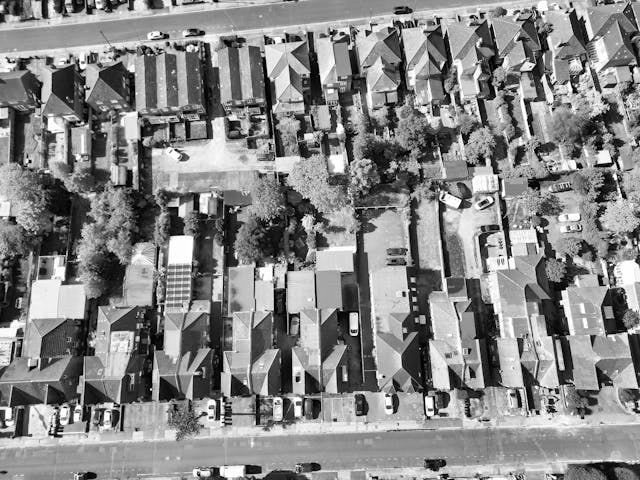
Finding suitable housing requires careful consideration of personal needs and preferences. Engaging with local housing services, disability advocacy groups, and community organisations can help participants identify available options.
Utilising online platforms and resources can streamline the search process, enabling participants to access a wider range of properties that meet their requirements.
Conclusion
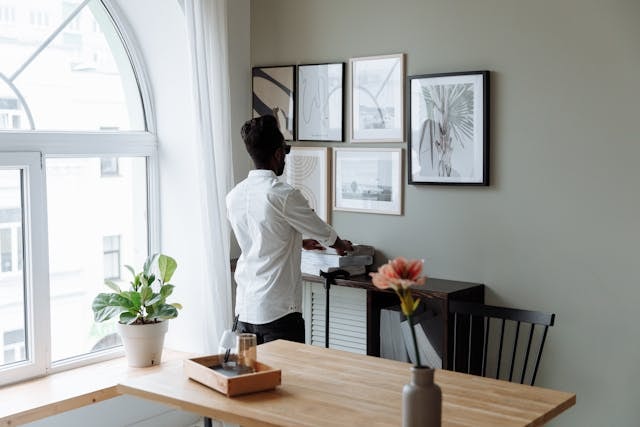
Accessing NDIS housing support and implementing home modifications is a vital step towards improving the quality of life for individuals with disabilities. By understanding the available options and engaging in the necessary planning, participants can create accessible living environments that promote independence and well-being.
Empowering NDIS participants through informed decision-making ensures they have access very high support needs and to the resources needed for a fulfilling life. Whether through SDA funding, supported independent living, or home modifications, the aim is to create inclusive spaces where everyone can thrive.
At Re.Connect Support Services, we are committed to supporting NDIS participants in their housing journey. Our dedicated team works closely with individuals to assess their unique needs and connect them with suitable housing options, including Specialist Disability Accommodation (SDA) and Supported Independent Living (SIL). We offer personalised support coordination services, ensuring that our clients have access to the resources they need to make informed decisions about their housing.

